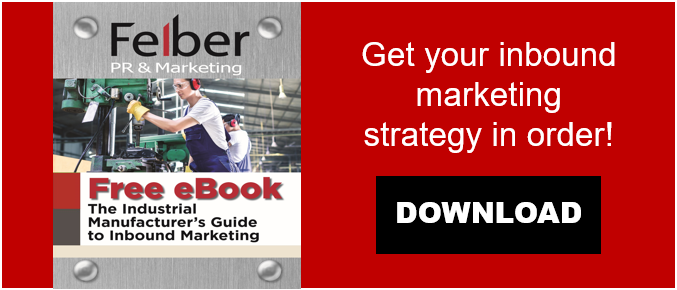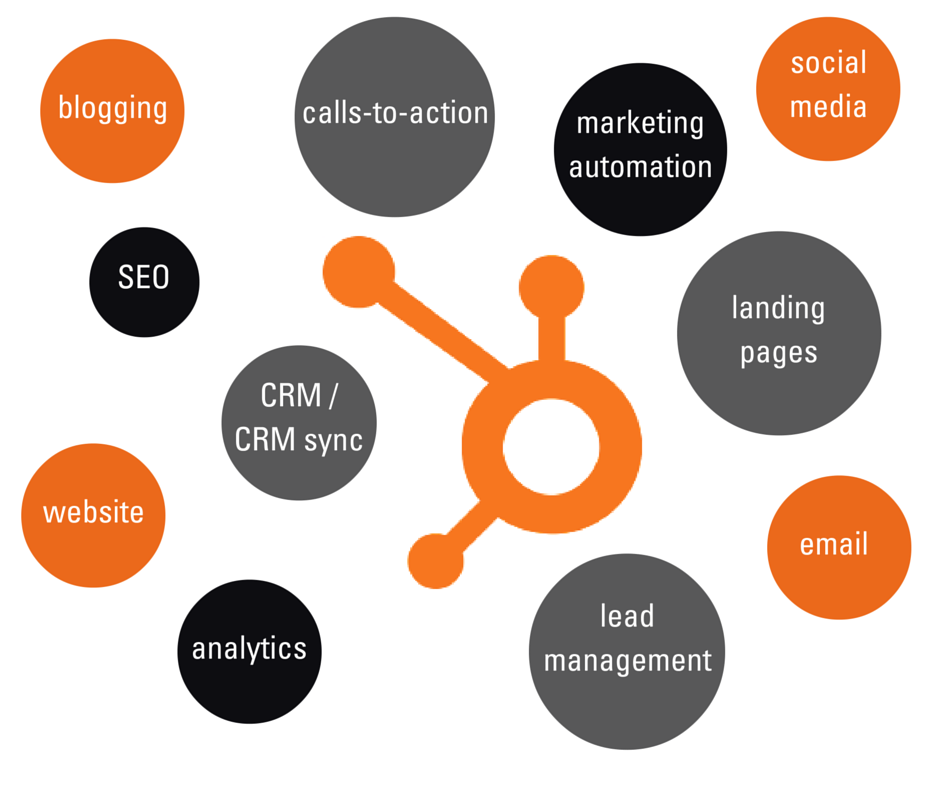6 Reasons Why B2B Manufacturing Companies Should Utilize Artificial Intelligence

Manufacturers care most about finding new ways to grow, excel at product quality while still being able to take on short lead-time production runs from customers. New business models often bring the paradox of new product lines that strain existing ERP, CRM and PLM systems by the need always to improve time-to-customer performance. New products are proliferating in manufacturing today, and delivery windows are tightening. Manufacturers are turning to machine learning to improve the end-to-end performance of their operations and find a performance-based solution to this paradox.
The ten ways machine learning is revolutionizing manufacturing in 2018 include the following:
- Improving semiconductor manufacturing yields up to 30%, reducing scrap rates, and optimizing fab operations are is achievable with machine learning. Attaining up to a 30% reduction in yield detraction in semiconductor manufacturing, reducing scrap rates based on machine learning-based root-cause analysis and reducing testing costs using AI optimization are the top three areas where machine learning will improve semiconductor manufacturing. McKinsey also found that AI-enhanced predictive maintenance of industrial equipment will generate a 10% reduction in annual maintenance costs, up to a 20% downtime reduction and 25% reduction in inspection costs. Source: Smartening up with Artificial Intelligence (AI) – What’s in it for Germany and its Industrial Sector?
- Asset Management, Supply Chain Management, and Inventory Management are the hottest areas of artificial intelligence, machine learning and IoT adoption in manufacturing today. The World Economic Forum (WEF) and A.T. Kearney’s recent study of the future of production find that manufacturers are evaluating how combining emerging technologies including IoT, AI, and machine learning can improve asset tracking accuracy, supply chain visibility, and inventory optimization. Source: Technology and Innovation for the Future of Production: Accelerating Value Creation
- Manufacturer’s adoption of machine learning and analytics to improve predictive maintenance is predicted to increase 38% in the next five years according to PwC. Analytics and MI-driven process and quality optimization are predicted to grow 35% and process visualization and automation, 34%. PwC sees the integration of analytics, APIs and big data contributing to a 31% growth rate for connected factories in the next five years. Source: Digital Factories 2020: Shaping the future of manufacturing
- McKinsey predicts machine learning will reduce supply chain forecasting errors by 50% and reduce lost sales by 65% with better product availability. Supply chains are the lifeblood of any manufacturing business. Machine learning is predicted to reduce costs related to transport and warehousing and supply chain administration by 5 to 10% and 25 to 40%, respectively. Due to machine learning, overall inventory reductions of 20 to 50% are possible. Source: Smartening up with Artificial Intelligence (AI) – What’s in it for Germany and its Industrial Sector?
- Improving demand forecast accuracy to reduce energy costs and negative price variances using machine learning uncovers price elasticity and price sensitivity as well. Honeywell is integrating AI and machine-learning algorithms into procurement, strategic sourcing and cost management. Source: Honeywell Connected Plant: Analytics and Beyond
- Automating inventory optimization using machine learning has improved service levels by 16% while simultaneously increasing inventory turns by 25%.AI and machine learning constraint-based algorithms and modeling are making it possible scale inventory optimization across all distribution locations, taking into account external, independent variables that affect demand and time-to-customer delivery performance. Source: Transform the manufacturing supply chain with Multi-Echelon inventory optimization
- Combining real-time monitoring and machine learning is optimizing shop floor operations, providing insights into machine-level loads and production schedule performance. Knowing in real-time how each machine’s load level impacts overall production schedule performance leads to better decisions managing each production run. Optimizing the best possible set of machines for a given production run is now possible using machine learning algorithms. Source: Factories of the Future: How Symbiotic Production Systems, Real-Time Production Monitoring, Edge Analytics and AI Are Making Factories Intelligent and Agile
- Improving the accuracy of detecting costs of performance degradation across multiple manufacturing scenarios reduces costs by 50% or more. Using real-time monitoring technologies to create accurate data sets that capture pricing, inventory velocity, and related variables gives machine learning apps what they need to determine cost behaviors across multiple manufacturing scenarios. Source: Leveraging AI for Industrial IoT
- A manufacturer was able to achieve a 35% reduction in test and calibration time via accurate prediction of calibration and test results using machine learning. The project’s goal was to reduce test and calibration time in the production of mobile hydraulic pumps. The methodology focused on using a series of machine learning models that would predict test outcomes and learn over time. The process workflow below was able to isolate the bottlenecks, streamlining test and calibration time in the process. Source: The Value Of Data Science Standards In Manufacturing Analytics
- Improving yield rates, preventative maintenance accuracy and workloads by the asset is now possible by combining machine learning and Overall Equipment Effectiveness (OEE). OEE is a pervasively used metric in manufacturing as it combines availability, performance, and quality, defining production effectiveness. Combined with other metrics, it’s possible to find the factors that impact manufacturing performance the most and least. Integrating OEE and other datasets in machine learning models that learn quickly through iteration are one of the fastest growing areas of manufacturing intelligence and analytics today. Source: TIBCO Manufacturing Solutions



